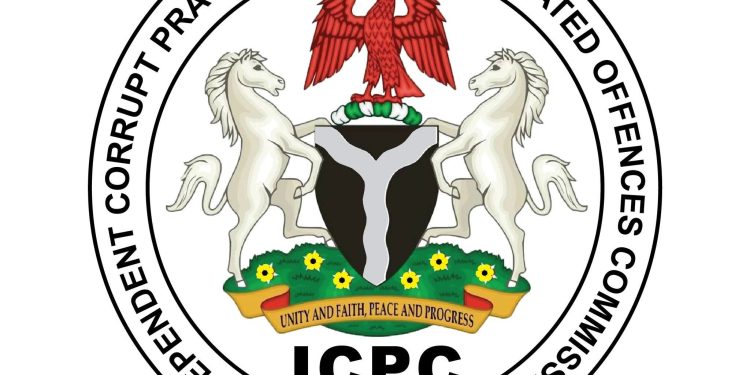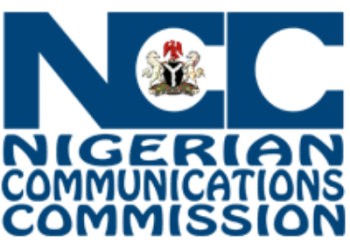By Nkechi Eze
The Independent Corrupt Practices and Other Related Offences Commission (ICPC) has recorded a historic milestone in Nigeria’s transparency and accountability landscape, moving from the 19th position in 2024 to 3rd place in the 2025 Transparency and Integrity Index released by the Centre for Fiscal Transparency and Public Integrity (CeFTPI).
According to a statement signed by the Commission’s Director of Public Enlightenment and Education, Demola Bakare, the ICPC scored an impressive 78.13 percent, placing it among the top three most transparent and accountable government institutions out of more than 500 Ministries, Departments, and Agencies (MDAs) assessed in the annual Index.
The Commission’s remarkable leap represents an improvement of more than 50 percentage points from its previous score of 24 percent in 2024. The sharp rise has been attributed to strengthened internal systems, proactive disclosure of information, and a stronger commitment to openness and accountability in line with global best practices.
The Transparency and Integrity Index evaluates institutional compliance across five critical areas: Fiscal Transparency, Open Procurement, Human Resource and Inclusion, Control of Corruption, and Citizens’ Engagement. The ICPC’s performance across these dimensions, according to the report, demonstrates its resolve to lead by example in Nigeria’s anti-corruption campaign.
Observers have described the leap as a powerful signal of the Commission’s ongoing reforms and determination to build public trust. By moving to the top three most transparent institutions in the country, the ICPC has set a new benchmark for integrity and accountability in Nigeria’s public sector.
In his remarks at the release of the 2025 Index, the Director-General of the Bureau of Public Service Reforms (BPSR), Dr. Dasuki Ibrahim Arabi, hailed the Transparency and Integrity Index as a vital tool for deepening accountability and good governance. He explained that the Index has, over the years, provided a reliable benchmark for reform initiatives that improve governance structures and service delivery across MDAs.
Dr. Arabi further noted that the 2025 edition of the Index, conducted in partnership with CeFTPI, is anchored on Nigeria’s National Strategy for Public Service Reforms (NSPSR 2021–2025), the Freedom of Information Act, and the country’s commitments under the Open Government Partnership. He emphasized that the Index goes beyond rankings, stressing that it is about “building a culture of openness and responsibility that fosters public trust.”
















